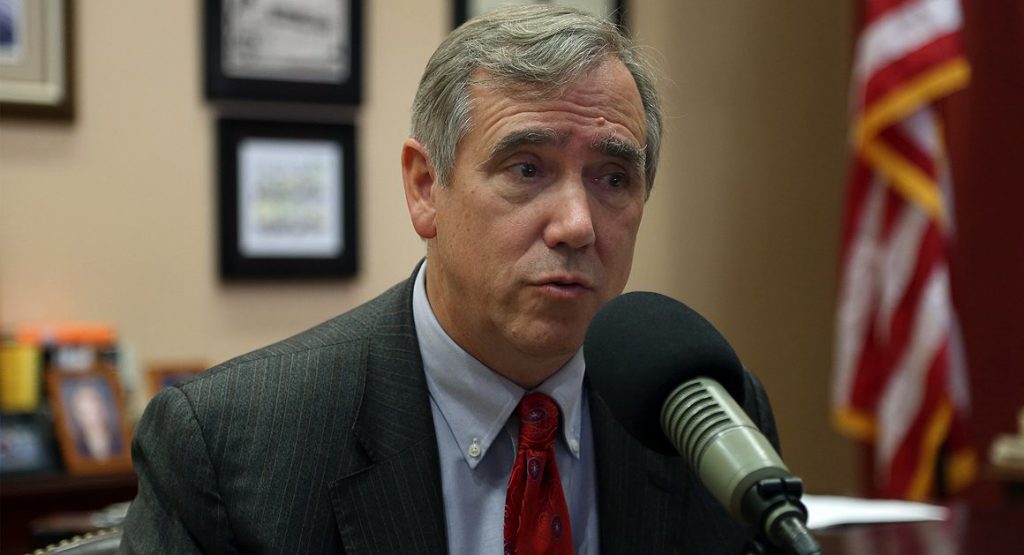Senate Drops Hammer on Trump and Musk in Controversial Crypto Crackdown Bill
Washington draws a line in the sand—and it’s right through the portfolios of two of crypto’s most polarizing figures. The proposed legislation takes direct aim at former President Trump’s NFT ventures and Musk’s Dogecoin antics, framing them as national security risks.
Behind the scenes: Lobbyists whisper this is really about controlling the next election cycle’s funding pipelines. Because nothing unites politicians like the threat of an untraceable campaign donation.
The kicker? The bill exempts federally-approved CBDCs—how convenient for the banking cartel.
Crypto Endorsement Bans, Influencer Risks, and Senate Crackdown

Key Provisions of the New Crypto Ban Bill
The proposed crypto regulation bill, led by Senators Jeff Merkley and Chuck Schumer, targets a range of senior officials such as the president, vice president, members of Congress, and executive appointees. The bill extends these restrictions to their spouses and dependent children as well, covering their terms in office and also an additional year after they leave their positions.
Senator Jeff Merkley stated:
People found in violation of this new crypto ban bill could suffer severe penalties ranging from penalties or even sent to jail. However, currently, the bill still permits officials and their families to carry out normal sales business. The enactment of this legislation is a reaction to increased limelight surrounding possible proceeds of memecoin transactions between President TRUMP and his wife.
Trump-Musk Connections Under Crypto Influencer Ban
The current discussion is the appointment of Elon Musk as a special employee to the government in DOGE. To counter speculation, Musk has made clear that Doge has no plans to make use of the Shiba Inu-themed memecoin into the future.
The new crypto ban bill creates uncertainty about whether President Trump’s position as “chief crypto advocate” for World Liberty Financial WOULD fall under the scope of this crypto influencer ban. This firm, reportedly associated with his sons and other officials, promotes digital assets, including WLD1 stablecoins.
Senate Democratic Leader Chuck Schumer said:
Senate Democrats have voiced serious concerns about a reported $2 billion transaction involving WLD1 between crypto exchange Binance and an Abu Dhabi-based investment firm. These developments have amplified calls for a stricter US crypto crackdown on cryptocurrency-related activities by government personnel.
Stablecoin Legislation Stalls Amid New Crypto Ban Bill
The introduction of the crypto endorsement ban occurs amidst wider debates on digital asset policy in Washington. A separate legislative effort, known as the “GENIUS Act,” failed to pass a procedural vote in the Senate on May 8.
Senator Mark Kelly, who supported the new crypto ban bill, stated:
Notwithstanding the extensive support from both political parties and an attempt to add in amendments of anti-money laundering nature, the stablecoin bill failed to garner sufficient votes to advance on the Senate floor. Scott Bessent, the Treasury Secretary, called the failure of the vote a ‘missed opportunity’ to increase the US supremacy as digital assets are concerned.
For stablecoins and other digital assets to thrive globally, the world needs American leadership.
The Senate missed an opportunity to provide that leadership today by failing to advance the GENIUS Act.
This bill represents a once-in-a-generation opportunity to expand dollar…
Senator Lisa Blunt Rochester, who actually withdrew her support for the GENIUS Act, explained:
Though the crypto regulation bill is progressing, stablecoin legislation has been lagging behind and this has left the aggregate digital asset regulation landscape uncoordinated. The crypto influencer ban targets conflicts of interest as the US already conducts a wider anti-crypto nation-wide sweep.

